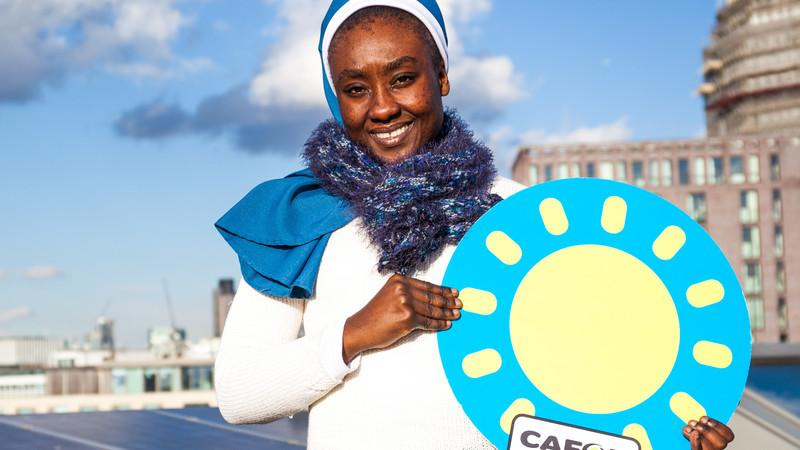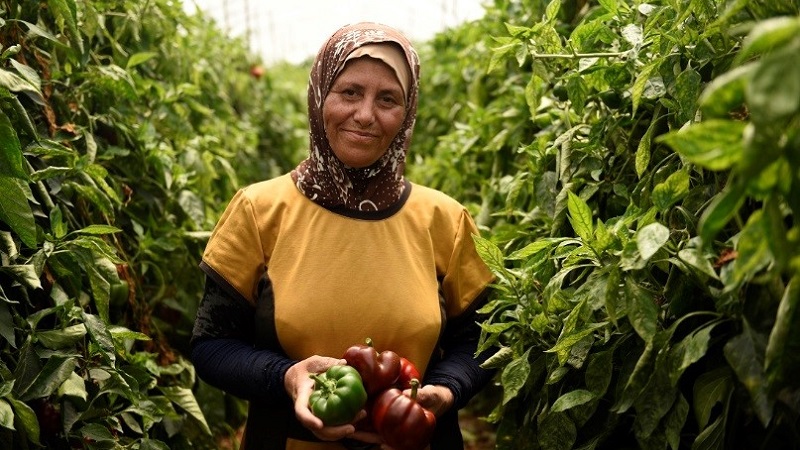Renewable energy changes lives in Zambia
April 12, 2018
Sister Clara is a nun from Zambia. She shares with us how climate change is becoming the main cause of poverty and how renewable energy and your support can make a difference.
Zambia has in recent years experienced extreme shifts in weather patterns. These shifts are resulting in profoundly negative impacts on the economy.
The poorest people living in rural areas, like Mbala in Northern Zambia, are most affected because almost everyone is dependent on farming as their main source of living. In addition, most people do not have access to electricity either because it is too expensive or because the country cannot afford a national grid. So the people of Mbala, and other such villages, are often left without this, the most basic of necessities.
Therefore, as a religious congregation working in Mbala, we have been helping the poorest people. We have been supporting them both materially and financially through the Households in Distress Project (H.I.D).

